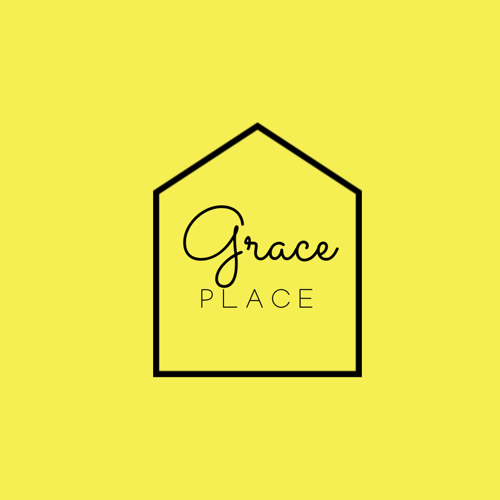Recovery management services
Home and Community Based Services (HCBS) — Adult Mental Health is a Medicaid waiver program that provides services to adults with serious mental illness (SMI). The program provides an array of services to meet each person’s needs; helps the person to live and achieve success in their chosen community; and has services designed to support long-term recovery from mental illness.
Through this program, we offer Recovery Management Services that helps each person plan their recovery. This includes helping the person get services in this program and finding other tools, as well as community services. Our Recovery Managers will also help the person solve problems and make good choices to keep him or her in their community of choice and prevent time in hospital emergency rooms, jails, and crisis centers.
Click here to view our program flyer.
You are not alone. We can help!
Steps to getting help
-
If you are an adult (18 or older), have a mental health diagnosis and qualify for Medicaid, you may be eligible for the program if you have:
Spent a long time living in a psychiatric hospital;
Had multiple arrests;
Had multiple emergency room visits; or
Have a history of mental health crisis.
-
If you are in a state hospital, ask your social worker for help.
If you are living in the community, call your local mental health authority.
If you are unsure which mental health center to contact, visit this website: hhs.texas.gov/hcbs-amh.
-
The Grace Agency Recovery Managers help program participants:
Identify goals, services and supports;
Ensure services are coordinated with providers and community partners;
Advocate on your behalf; and
Help to resolve emergencies.
-
As a program participant, you will be able to:
Decide where to live;
Maintain your privacy;
Make your own choices; and
Get services that help you stay in the community.

Service areas
Our Recovery Managers partner with you in your care and service needs, and coordinate care with your local mental health authority. Expand the list to see a list of the counties we serve.
-
Counties served:
Bell, Coryell, Hamilton, Lampasas, Milam. -
Counties served:
Denton. -
Counties served:
Bosque, Falls, Freestone, Hill, Limestone, McLennan. -
Counties served:
Travis. -
Counties served:
Collin. -
Counties served:
Dallas, Ellis, Hunt, Kaufman, Navarro, Rockwall. -
Counties served:
Tarrant.
Program benefits
Our Recovery Managers help you get the services you need to live a full and successful life in your community. These services can include:
Residential services: help with daily living — bathing, dressing, chores, walking or moving around, and planning or cooking meals. We’ll even help find ways to get you where you need to go and help you get involved with things you like to do.
Rehabilitation services: train you on different skills so you can be successful and more independent.
Employment services: help you find a job of your choice in your community.
Home-delivered meals: are healthy meals delivered to your home.
Transition assistance: helps with buying needed items for your new home like dishes, sheets and furniture. It may also help with money deposits like rent or electricity for your new place.
Adaptive aids: are items that can help you function in your own home and be safe and healthy.
Transportation services: help get you to program services and other places you need to go.
Community psychiatric supports and treatment: includes meetings with a therapist to help you reach your goals.
Peer support: includes meetings with someone who is also in recovery and understands firsthand what you might be going through. They can help you with stress, problem-solving and staying hopeful so you can reach your recovery goals.
Respite services: provides short-term help and relief for your family if they provide care for you.
Substance use disorder services: includes meetings to help you deal with drug addiction.
Nursing services: will help you with questions about medications. A nurse will also help with long-term health problems you may have.
Minor home modifications: help with physical changes you need at home to be safe.
